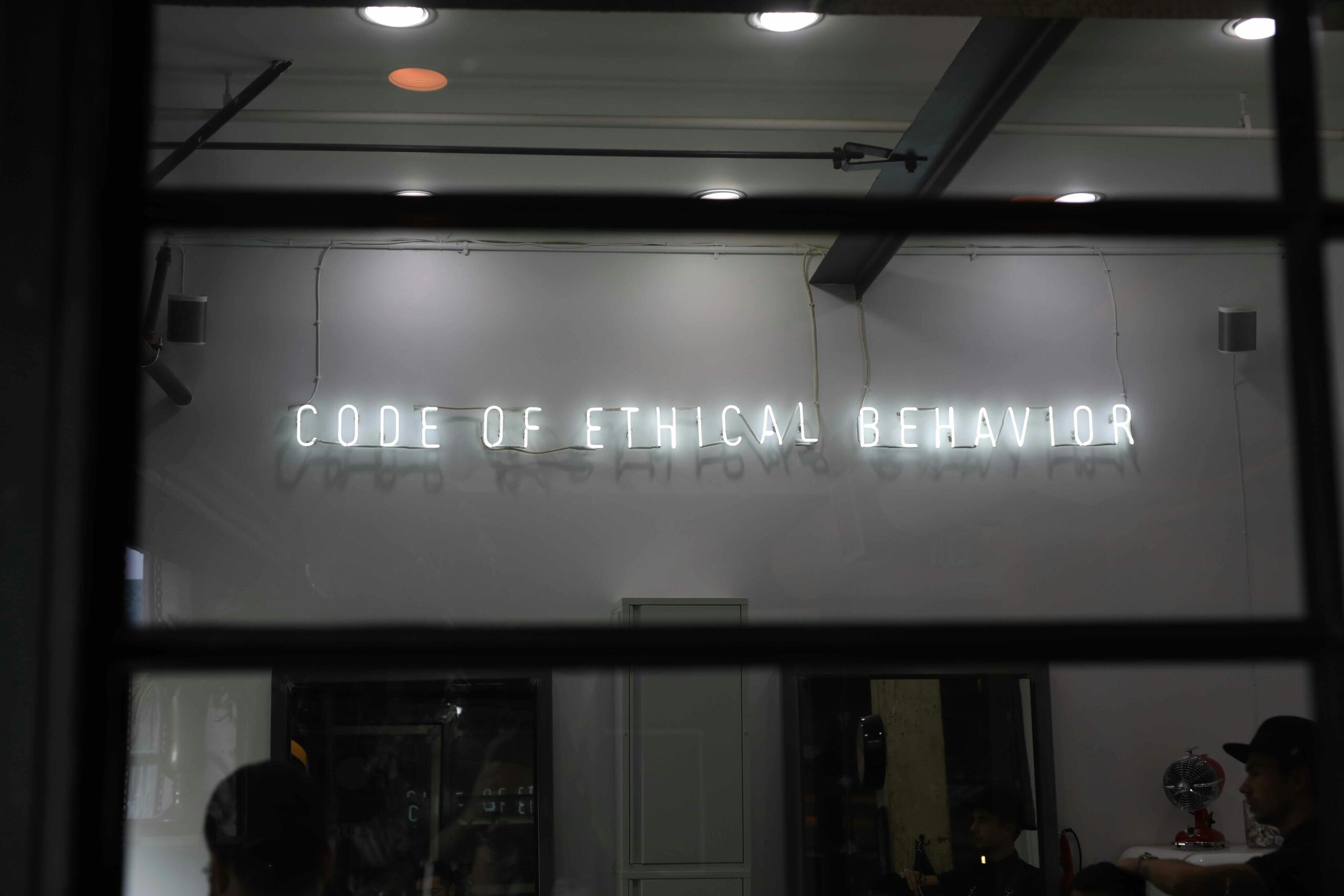General - May 13, 2024
General
Ethical Insurers: How To Uncover The Industry’s Values And Practices


Consumers are increasingly taking into account ethics when making purchasing decisions – and choosing between insurers is no different. But it can be challenging to discern their specific practices. From investment ethics to client underwriting, the insurance industry’s moral compass often seems obscured by layers of complexity and ambiguity.
If you, like many other insured companies (and even brokers!) out there, find yourself grappling with a daunting array of considerations when trying to align your insurance arrangements with ethical values, there are four main areas to look into…
Client selection
One of the biggest concerns for brokers and insured companies is ensuring that premiums paid to insurers don’t inadvertently finance activities that go against ethical principles. The challenge lies in verifying the ethical integrity of those that insurers extend coverage to. Are these entities engaging in practices that generate income in nefarious ways or cause harm to society and the environment?
When evaluating potential clients, brokers and insurers must delve deep into the nature of their business activities. This includes scrutinising not only the financial viability of the client but also the ethical implications of their operations – assessing everything from their environmental impact to their commitment to equality, their community, and good governance.
This is difficult for brokers and insured companies to be certain of as most of the information about who an insurer is covering is out of the public domain.
Investment ethics
Another ethical quagmire facing insurers is the moral implications of their investment portfolios. Given that a significant portion of insurers’ profits stems from investments, this aspect can’t be overlooked.
Brokers and insured companies must find out whether insurers’ investment strategies align with ethical principles or if they involve investments in industries such as arms manufacturing or companies implicated in modern slavery.
However, unravelling the intricacies of insurers’ investment practices is no easy feat. When it comes to their investment decisions, transparency is often lacking – making it challenging for brokers and insured companies to ascertain the moral integrity of their portfolios.
Tax morality
The issue of tax morality is another key consideration when deciding between insurers. Domiciling in tax havens or engaging in aggressive tax avoidance strategies may be legal, but it raises moral questions about contributing a fair share to society.
Brokers and insured companies must scrutinise insurers’ tax practices to ensure alignment with ethical standards. Again, though, this isn’t easy to do.
Self-generated policies
And finally, making the job of discerning insurers’ ethical practices even more difficult is the fact that their environmental and ethical statements and policies are created themselves. While many insurers wax lyrical about their commitment to sustainability and ethical conduct, the lack of independent oversight raises concerns about accountability. Ultimately, insurers are left to mark their own homework – presenting a potential conflict between self-interest and genuine adherence to ethical principles.
Without robust mechanisms for an impartial third party to verify them, the credibility of insurers’ claims remains questionable.
Together, brokers and insured companies must vigilantly investigate the actions of insurers as well as demand greater transparency and accountability in how they build and implement ethical policies.
Partner with a broker as committed to best practice as you
Navigating the ethical maze of the insurance industry requires a concerted effort by brokers, insured companies, and insurers themselves. Insurers must be forthcoming about their environmental impact, investment strategies, client base, and tax practices. Likewise, brokers and insured companies must do their due diligence and select insurers that align with their ethical values.
Collaboration between all stakeholders is crucial if we’re to promote greater transparency and hold insurers accountable for their ethical conduct – which, in turn, is essential in fostering trust and integrity within the industry.
To find out more about RiskBox’s views on the matter, and how else we support our clients to create an insurance programme that aligns with their values, get in touch.
Photo by Nathan Dumlao on Unsplash